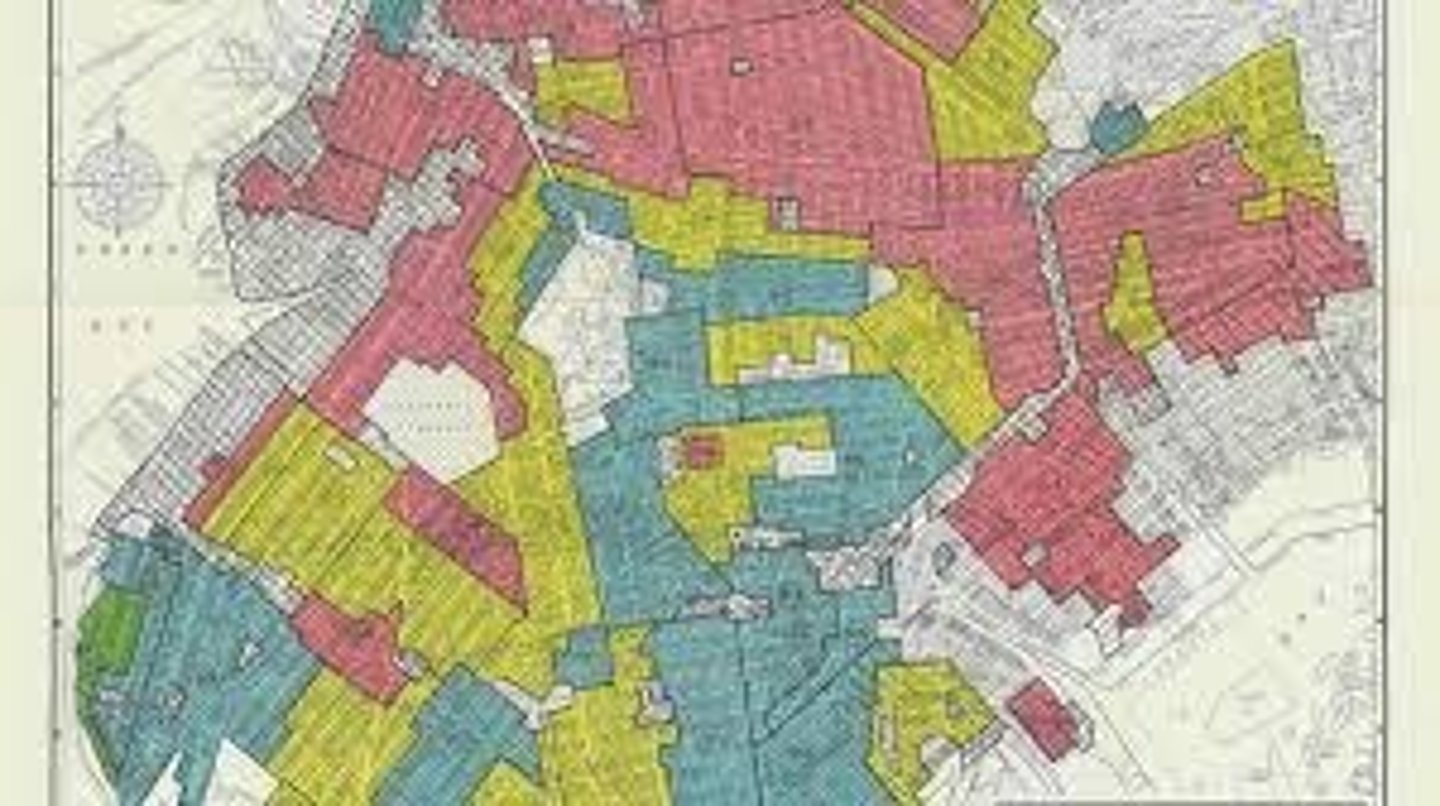Civil Rights Movement in the U.S. (1954-1965)
1/136
There's no tags or description
Looks like no tags are added yet.
Name | Mastery | Learn | Test | Matching | Spaced | Call with Kai |
|---|
No analytics yet
Send a link to your students to track their progress
137 Terms
Discrimination
Unjust treatment based on race or ethnicity.
Racism
Belief in racial superiority leading to discrimination.
Ku Klux Klan
White supremacist group opposing civil rights.
Disenfranchisement
Denial of voting rights to specific groups.
Segregation
Separation of races in public spaces and services.
Brown v. Board of Education
1954 ruling declaring school segregation unconstitutional.
Separate but Equal
Legal doctrine allowing racial segregation under equality.
Little Rock Nine
Group of African American students integrating a high school.
Federal Intervention
Government action to enforce laws or protect rights.
Economic Discrimination
Inequitable treatment in employment and wages based on race.
Employment Disparities
Inequalities in job opportunities and pay for minorities.
Agency Biases
Discriminatory practices by employment agencies against minorities.
Union Barriers
Obstacles preventing African Americans from joining labor unions.
Wage Disparities
Differences in pay between racial groups for similar work.
Gender Intersectionality
Overlapping discrimination faced by women of color.
Housing Disparities
Inequities in housing opportunities and conditions for minorities.
Redlining
Discriminatory practice denying loans based on neighborhood demographics.

Lending Biases
Financial institutions discriminating against minority neighborhoods.
Restrictive Covenants
Clauses preventing property sales to African Americans.
White Flight
Migration of whites to suburbs, leaving urban areas.
Economic Shift
Movement of resources from cities to suburbs.
Access to Care
Availability of healthcare services for African Americans.
Segregated Hospitals
Separate healthcare facilities for African Americans, often underfunded.
Preventive Care
Lack of preventive healthcare in African American communities.
Disparities in Treatment
Inequities in healthcare received by African Americans.
Bias in Care
Discrimination leading to inferior treatment for African Americans.
Research Neglect
Lack of medical research on African American health issues.
Funding Imbalances
Unequal financial resources for schools serving African Americans.
Resource Scarcity
Limited educational materials and overcrowded classrooms.
Teacher Shortages
Difficulty attracting quality teachers to underfunded schools.
Curriculum Biases
Textbooks often omit significant African American history.
Erasure of History
Marginalization of African American achievements in education.
Cultural Ignorance
Lack of diverse representation in educational materials.
Inferior Amenities
Substandard public facilities available to African Americans.
Recreation and Culture
Fewer and poorly maintained public spaces for African Americans.
Jim Crow Laws
Laws enforcing racial segregation in the Southern U.S.
Long-Term Effects
Ongoing impacts of Jim Crow on African American communities.
Societal Stereotypes
Negative perceptions of African Americans reinforced by history.
Media Representation
Derogatory portrayals of African Americans in media.
Wealth Transfer Hurdles
Obstacles to generational wealth for African Americans.
Contemporary Disparities
Significant wealth gap affecting education and housing.
Continued Segregation
Ongoing racial divides in housing and education.
Psychological Impact
Negative effects of discrimination on African American self-perception.
Voter Suppression
Efforts to disenfranchise African Americans politically.
Representation Challenges
Barriers to political representation for African Americans.
Resilience
African Americans' strength against discriminatory practices.
Civil Rights Movement
A struggle for social justice and equality.
Montgomery Bus Boycott
1955-1956 protest against bus segregation.
Rosa Parks
Activist whose arrest sparked the boycott.
Martin Luther King Jr.
Leader of the Montgomery Bus Boycott.
Supreme Court Ruling
Declared bus segregation unconstitutional after boycott.
Freedom Rides
1961 protests to enforce desegregation on buses.
Congress of Racial Equality (CORE)
Organized the Freedom Rides for civil rights.
Kennedy Administration
Faced pressure to desegregate interstate transportation.
Freedom Summer
1964 campaign to increase Black voter registration.
Freedom Schools
Educational programs for African Americans' voting rights.
Voting Rights Act (1965)
Legislation ensuring African American voting rights.
Civil Rights Act (1964)
Outlawed segregation in public places.
Post-WWII America
Period of heightened awareness for human rights.
Lyndon B. Johnson
President who ensured Civil Rights Act's passage.
Kennedy's Advocacy
Promoted civil rights as a moral issue.
Birmingham Protests
Civil rights actions that raised national awareness.
Legislative Changes
Legal reforms to protect African American rights.
National Attention
Increased focus on civil rights issues.
Violence Against Protesters
Severe reactions faced by Freedom Riders.
Activism
Efforts to promote social change and justice.
Segregation Outlawed
Civil Rights Act ended legal racial segregation.
Workplace fairness
Prohibition of employment discrimination based on identity.
Federal enforcement tools
Government powers to enforce desegregation in schools.
Voting Rights Act (1965)
Legislation aimed at eliminating voting discrimination.
Targeting disenfranchisement
Addressing barriers like literacy tests and poll taxes.
Federal intervention
Government oversight of voter registration in discriminatory areas.
Black voter registration
Increased from 7% in 1964 to 59% in 1969.
Empowerment
Giving African Americans a voice in politics.
Ripples in society
Political representation leading to social and economic progress.
Ongoing relevance
Provisions renewed to maintain voting protections.
Dr. Martin Luther King, Jr.
Leader advocating non-violent resistance for civil rights.
Malcolm X
Proponent of Black nationalism and self-sufficiency.
Lyndon Johnson
President who supported civil rights legislation.
NAACP
Civil rights organization focused on legal challenges.
SNCC
Student-led group promoting civil rights activism.
NOI
Nation of Islam advocating for Black empowerment.
SCLC
Southern Christian Leadership Conference promoting non-violence.
Non-violent Resistance
Protest strategy inspired by Gandhi's principles.
Christian Love
King's belief in love as a tool for change.
Integration
Vision of a society judged by character, not race.
Montgomery Bus Boycott
Year-long protest against bus segregation led by King.
March on Washington
1963 event where King delivered his famous speech.
Birmingham Campaign
Non-violent protests highlighting racial injustices in Birmingham.
Nobel Peace Prize (1964)
Recognition of King's non-violent efforts for equality.
Influence on Legislation
King's activism helped pass key civil rights laws.
Global Inspiration
King's methods influenced worldwide civil rights movements.
Black Nationalism
Malcolm X's advocacy for separate Black states.
Self-defense
Malcolm X's belief in using violence for protection.
Islam
Malcolm X viewed Islam as empowerment for Black Americans.
Organisation of Afro-American Unity (OAAU)
Group aimed at uniting people of African descent.
Nation of Islam
Malcolm X's platform for promoting Black ideologies.
Shift towards Orthodox Islam
Malcolm's pilgrimage redefined his religious beliefs.
Autobiography
Malcolm X's life story highlighting race dynamics.
Black Power Movement
Movement influenced by Malcolm X's radical ideas.